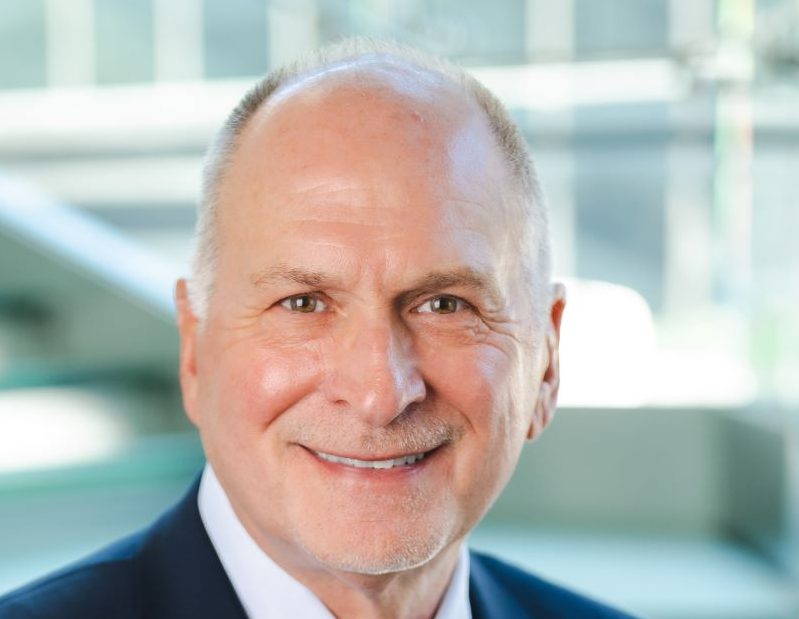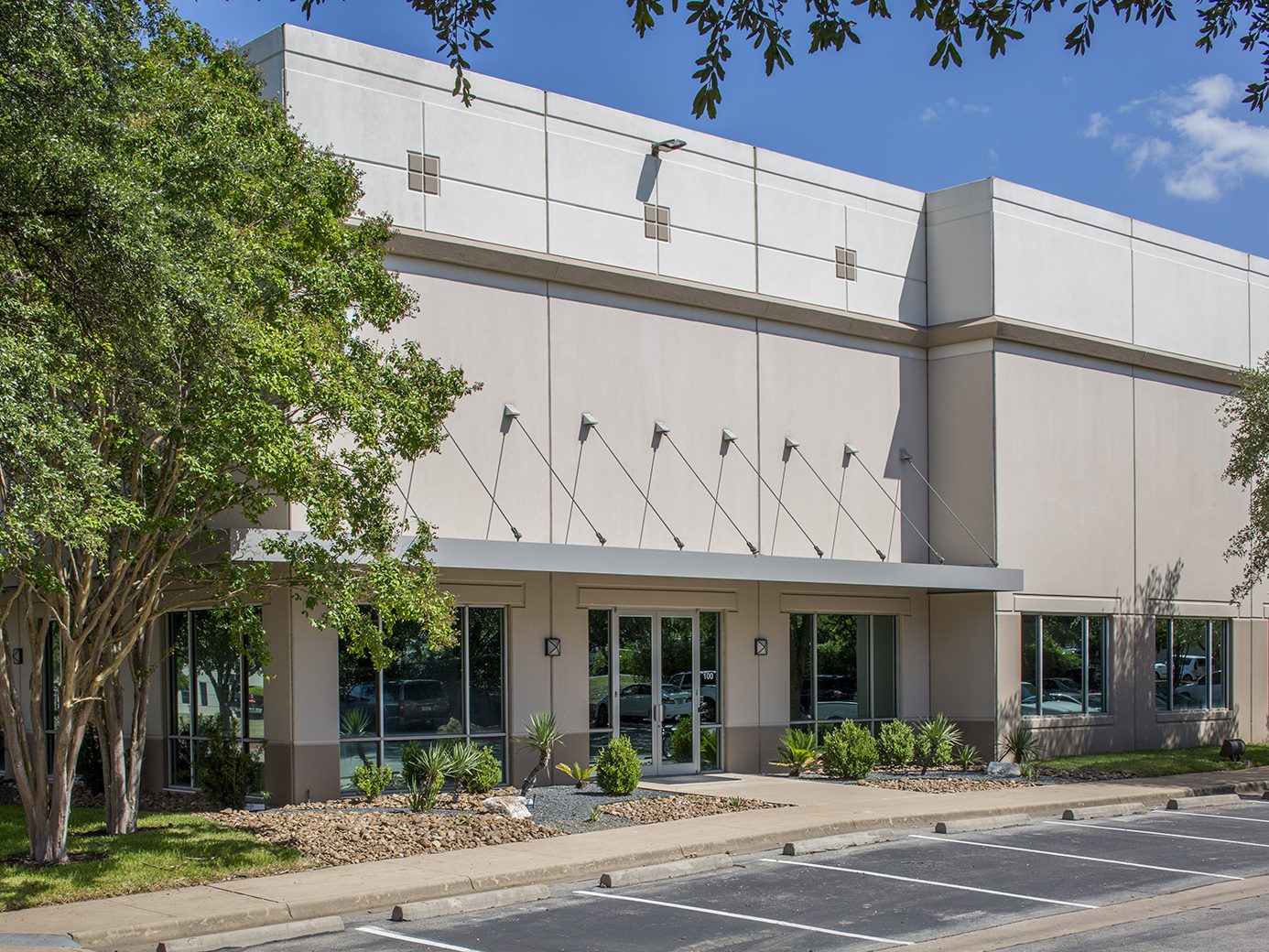Return of Capital Markets Activity?
During the recession, banks were gun-shy of offering money to anyone but the finest of credit risks -- and even then, they were extremely stringent. So in these days of tenuous economic recovery, has anything changed? By Allison Landa.
By Allison Landa
During the recession, getting a deal financed was akin to moving a mountain. Banks, worried about getting burned, grew gun-shy of offering money to anyone but the finest of credit risks—and even then were extremely stringent in their requirements.
So in these days of tenuous economic recovery, has anything changed?
“I think it is loosening,” Legacy Capital Partners president & co-founder David St. Pierre told CPE. “There certainly is more liquidity in the marketplace today than there was over the last 24 months—or going back to 2008, when everything really came to a screeching halt.”
In the multi-family sector, where Legacy Capital is active in repositioning assets, both the capital markets activity and the overall pace of transactions have picked up significantly, St. Pierre said—so much so that it sometimes seems as if the past 24 months never occurred.
In addition, he noted that the firm is back to aggressive lending practices of the type seen before the downturn. “There are some (times) where we just kind of scratch our heads. … The flow is at such a pace that it does make us kind of pause and think, Are we heating up too fast?” he said. “Has this been too quick a return to normal? … We do question whether there can be a rebound or a double dip as everything gets too heated up.”
Activity Spike
Ron Harwood, president & founder of architectural lighting firm Illuminating Concepts, sees an uptick in recent capital markets activity. He said it would be an understatement to say that activity is on the rise, particularly as it relates to real estate.
“And that means capital is coming forward to reinvest in all forms of traded stocks and bonds, so the capital is out there,” he said. “Now, in order for these banks to make a reasonable return, they actually have to invest it.”
Harwood said he is seeing renewed interest at both the project development and property management levels, particularly when it comes to retail real estate clients seeking to give a new shine to their digs.
Developers of properties ranging from malls to strip centers to both inexpensive and very “haute couture” fashion retailers want to revitalize their space, he said. “When the recession hit, some of these stores or malls were scheduled for redevelopment. They were already five to seven years (old), and the additional couple of years shows.” Capital availability is apparent, he said, in that “we’re seeing more than renewed interest; we’re starting to see projects evolve.”
In addition, he said, he is seeing a return of the creative staff among retailers and commercial property developers. “In the last six months, we’ve seen directors hired … new development directors where there was no capital money being (previously) spent and there was no reason to have a development director. We’re seeing (those people) being rehired.”
Beefing Up Teams
Service providers, too, are evolving in the capital markets area. In mid-June, Jones Lang LaSalle Inc. announced it had added two investment sales experts to its Houston office, with Rudy Hubbard joining the firm as a managing director while Leah Gallagher came on board as a vice president. The two will partner with executive managing directors & national co-leaders of the firm’s real estate investment banking practice Paul House, Tom Melody, Mike Melody and Tom Fish.
According to House, the two have a long track record of success in Houston and are known as the top two producers in the Southwest. He added that the expanded team will increase the firm’s market dominance in Houston.
Faris Lee Investments added an entirely new capital markets group. The fast-growing firm named principal Richard Berlinghof managing partner of the group. According to CEO Rich Chichester, an increased complexity in the investments the firm is handling requires broadened transactional, financial and operational capacities.
And in May, CRT Capital Group L.L.C. formed its own capital markets group, which will provide clients with debt and equity origination services, as well as liability management advice. During the same month, law firm Goodwin Proctor L.L.P. expanded its real estate, REITs and real estate capital markets group with the addition of Mark Schonberger as a specialist in real estate companies and real estate fund formation matters.
Not everyone is adding personnel. On an anecdotal basis, St. Pierre said he has not experienced this expansion personally. “We are not at this time adding to our team, but we are actively out sourcing opportunities and expanding our investment activity as best we can,” he said. “We just have capacity within our existing organization, which is allowing us to take on additional opportunities without adding to our team itself.”
And other companies that have downsized their teams have made “adjustments” to bring those teams back up to capacity, he said.
Increasing Loan Activity
However, existing assets remain the more likely candidates for funding due to continued wariness of new development, St. Pierre noted. “(Lenders) are reallocating what had been more ground-up construction dollars and are starting to deploy capital in an acquisition value-add strategy as opposed to looking to ground-up development. I think everyone is still skeptical of ground-up development.”






